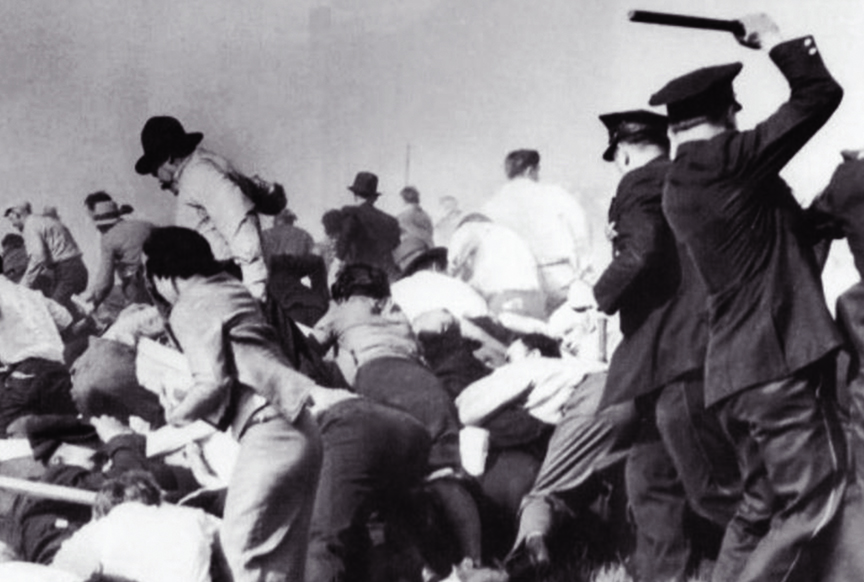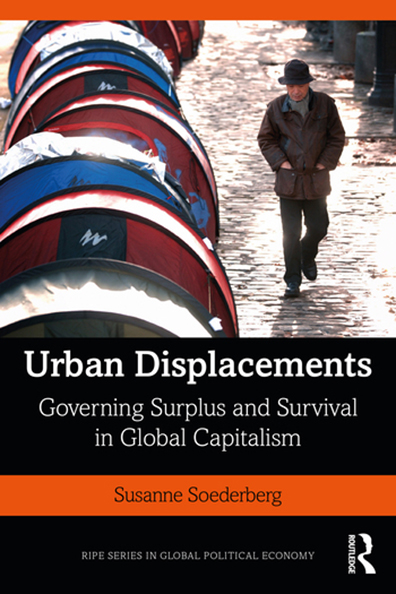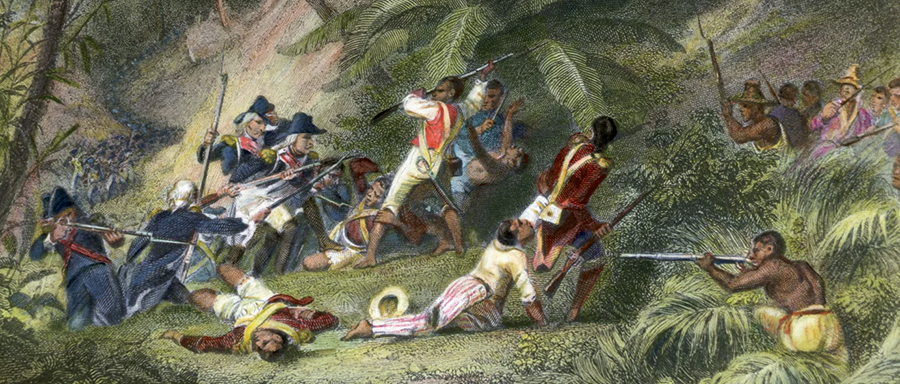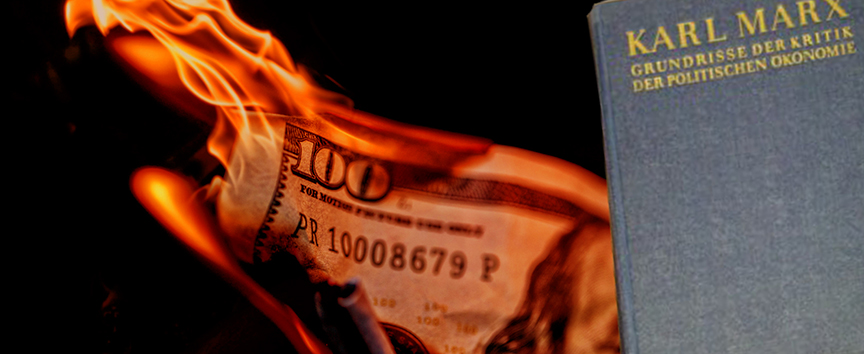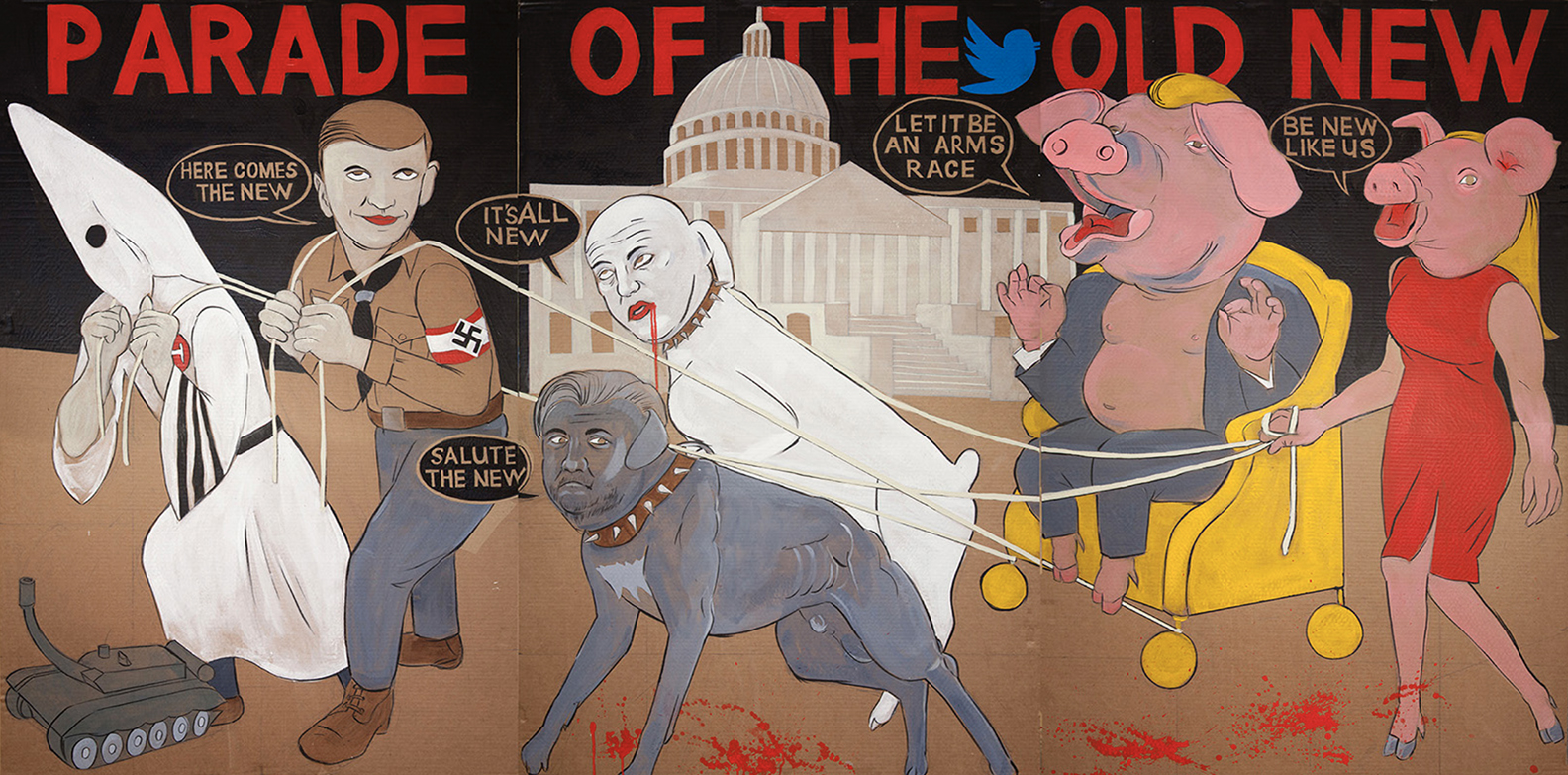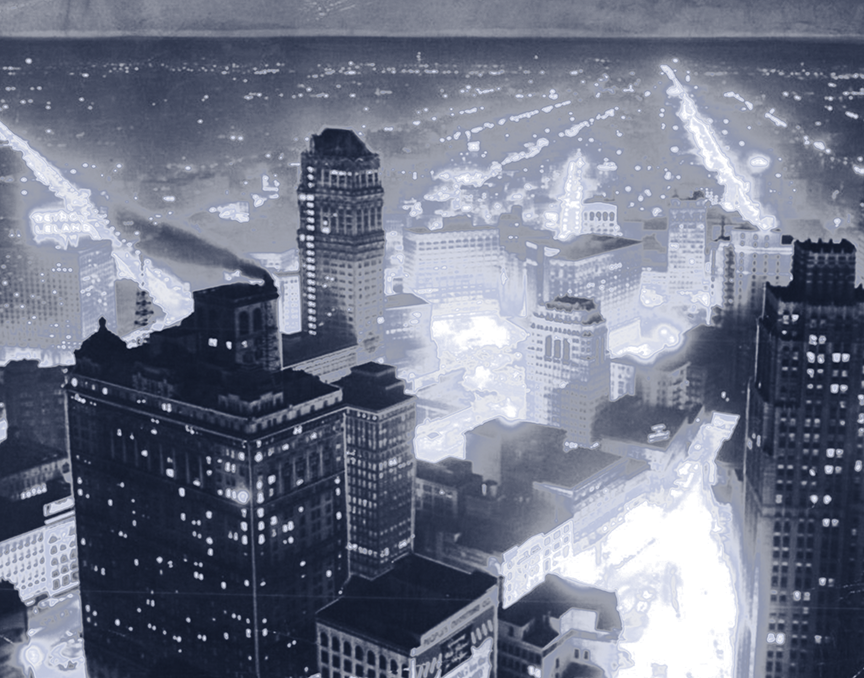Race and Class
Political Economy of Labor Repression in the United States
Online: Zoom link will be provided to registered participantsAndrew Kolin presents a detailed explanation of the essential elements that characterize capital’s relations to the working class and how capital relies on various forms of repressing reform and revolutionary movements by workers. The repression is directly linked to the class struggle between capital and labor. The starting point examines labor repression after the American Revolution. Andrew’s book then follows the role of the state along with the explosive growth of American capitalism to analyze the long history of capital and labor conflict with details of the US state being aligned with the interests of capital throughout American history.
Urban Displacements and Contemporary Capitalism
Online: Zoom link will be provided to registered participantsSusanne Soederberg argues that historical and geographical configurations of monetized governance, including landlords, employers and inter-scalar state practices, have served to reproduce urban displacements and obfuscate their gendered, class and racialized underpinnings. The outcome is the everyday facilitation and normalization of urban poverty and social marginalization on one side, and capital accumulation on the other.
The Essential Political Writings of Hubert Harrison
Online: Zoom link will be provided to registered participantsJeffrey B Perry describes Harrison “as the most class conscious of the race radicals and the most race conscious of the class radicals in those years” adding that he is “a key link in the two great trends of the Civil Rights/Black Liberation struggle—the labor and civil rights trend associated associated with A. Philip Randolph and Martin Luther King, Jr. and the race and nationalist trend associated with Marcus Garvey and Malcolm X.”
The Essential Political Writings of Hubert Harrison
Online: Zoom link will be provided to registered participantsJeffrey B Perry describes Harrison “as the most class conscious of the race radicals and the most race conscious of the class radicals in those years” adding that he is “a key link in the two great trends of the Civil Rights/Black Liberation struggle—the labor and civil rights trend associated associated with A. Philip Randolph and Martin Luther King, Jr. and the race and nationalist trend associated with Marcus Garvey and Malcolm X.”
The Invention of the White Race
Online: Zoom link will be provided to registered participantsTheodore W. Allen spent 30 years researching the primary sources and writing The Invention of the White Race (2 volumes), which provides a historical materialist analysis of racial oppression and the white identity which emerged as a principal form of social control over rebellious laboring class of European and Africans in the pattern setting colonies of Virginia and Maryland in the late 17th early 18th century.
The Essential Political Writings of Hubert Harrison
Online: Zoom link will be provided to registered participantsJeffrey B Perry describes Harrison “as the most class conscious of the race radicals and the most race conscious of the class radicals in those years” adding that he is “a key link in the two great trends of the Civil Rights/Black Liberation struggle—the labor and civil rights trend associated associated with A. Philip Randolph and Martin Luther King, Jr. and the race and nationalist trend associated with Marcus Garvey and Malcolm X.”
Grundrisse: The Chapter on Money (The first two notebooks)
Online: Zoom link will be provided to registered participants“Forces of production and social relations - two different sides of the development of the social individual - appear to capital as mere means, and are merely means for it to produce on its limited foundation. In fact, however, they are the material conditions to blow this foundation sky-high...” —Karl Marx, The Grundrisse
The Invention of the White Race
Online: Zoom link will be provided to registered participantsTheodore W. Allen spent 30 years researching the primary sources and writing The Invention of the White Race (2 volumes), which provides a historical materialist analysis of racial oppression and the white identity which emerged as a principal form of social control over rebellious laboring class of European and Africans in the pattern setting colonies of Virginia and Maryland in the late 17th early 18th century.
The Essential Political Writings of Hubert Harrison
Online: Zoom link will be provided to registered participantsJeffrey B Perry describes Harrison “as the most class conscious of the race radicals and the most race conscious of the class radicals in those years” adding that he is “a key link in the two great trends of the Civil Rights/Black Liberation struggle—the labor and civil rights trend associated associated with A. Philip Randolph and Martin Luther King, Jr. and the race and nationalist trend associated with Marcus Garvey and Malcolm X.”
The Invention of the White Race
Online: Zoom link will be provided to registered participantsTheodore W. Allen spent 30 years researching the primary sources and writing The Invention of the White Race (2 volumes), which provides a historical materialist analysis of racial oppression and the white identity which emerged as a principal form of social control over rebellious laboring class of European and Africans in the pattern setting colonies of Virginia and Maryland in the late 17th early 18th century.
The Essential Political Writings of Hubert Harrison
Online: Zoom link will be provided to registered participantsJeffrey B Perry describes Harrison “as the most class conscious of the race radicals and the most race conscious of the class radicals in those years” adding that he is “a key link in the two great trends of the Civil Rights/Black Liberation struggle—the labor and civil rights trend associated associated with A. Philip Randolph and Martin Luther King, Jr. and the race and nationalist trend associated with Marcus Garvey and Malcolm X.”
Parade of the Old New with artist/author Zoe Beloff
Online: Zoom link will be provided to registered participantsA discussion by Zoe Beloff about her new 40-panel accordion book that reproduces, Parade of the Old New, an epic panorama on cardboard panels, a 40 meter long allegory of the American body politic. The title is taken from a 1938 poem by Bertolt Brecht that inspired the theme of this work; now more than ever, we are not finished with the past and the past is not finished with us. The project was launched with Trump's inauguration and continued until he was defeated at the ballot box. It begins with the president's triumphal entry into Washington DC.Parade of the Old New is distributed by Booklyn, Inc. (booklyn.org). Booklyn also represents Beloff's work within the library and academic market.
The Invention of the White Race
Online: Zoom link will be provided to registered participantsTheodore W. Allen spent 30 years researching the primary sources and writing The Invention of the White Race (2 volumes), which provides a historical materialist analysis of racial oppression and the white identity which emerged as a principal form of social control over rebellious laboring class of European and Africans in the pattern setting colonies of Virginia and Maryland in the late 17th early 18th century.
The Invention of the White Race
Online: Zoom link will be provided to registered participantsTheodore W. Allen spent 30 years researching the primary sources and writing The Invention of the White Race (2 volumes), which provides a historical materialist analysis of racial oppression and the white identity which emerged as a principal form of social control over rebellious laboring class of European and Africans in the pattern setting colonies of Virginia and Maryland in the late 17th early 18th century.
A People’s History of Detroit
Online: Zoom link will be provided to registered participantsMark Jay and Philip Conklin outline the complex sociopolitical dynamics underlying major events in Detroit's past, from the rise of Fordism and the formation of labor unions, to deindustrialization and the city's recent bankruptcy. They demonstrate that Detroit's history is not a tale of two cities—one of wealth and development and another racked by poverty and racial violence; rather it is the story of a single Detroit that operates according to capitalism's mandates.

